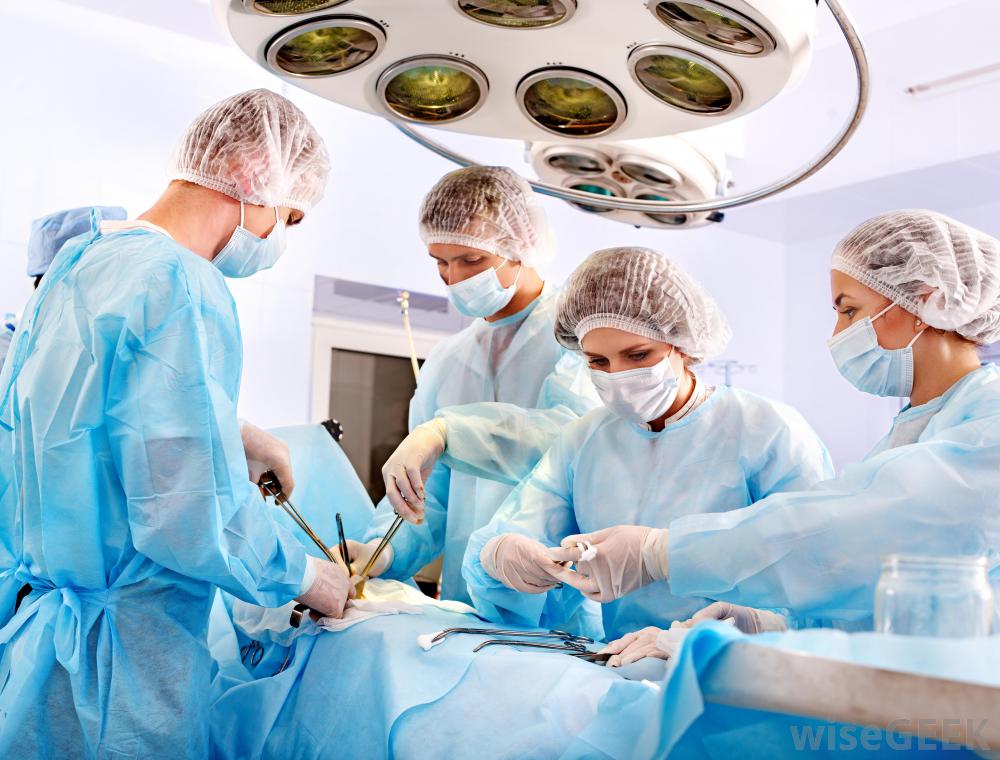What you need to know about Rectopexy Procedure
Contents
- 1 What you need to know about Rectopexy Procedure
- 2 What Does the Procedure Involve?
- 3 How Long Should You Stay in the Country?
- 4 How Long is the Recovery Time?
- 5 What Aftercare Should You Consider?
- 6 What is the Success Rate for a Rectopexy Procedure?
- 7 Are there Alternatives to Rectopexy Procedure?
- 8 What Should You Expect Before and After the Procedure?
Rectopexy (rectal prolapse surgery) is a surgical procedure to repair rectal prolapse, a protrusion of the rectum through the anus. The aim of the procedure is to restore the rectum into its normal position in the pelvis. This surgery can be performed by two methods: open surgery or laparoscopic surgery.
What Does the Procedure Involve?
Both laparoscopic and open surgery is performed under general anesthetic. With laparoscopic surgery, your surgeon makes small incisions near the belly button to insert a laparoscope (a small flexible tube with a camera on its end) and small surgical instruments, then the rectum is gently lifted with these tools into its proper position in the pelvis. With open surgery, your surgeon makes a single large incision in your abdomen to access the rectum and places it into its normal position in the pelvis.
For an in-depth analysis of a Rectopexy Procedure, watch this short video.
How Long Should You Stay in the Country?
You should stay in the hospital for a day or two, but you should aim to stay in the area for about 7 days. You will need to attend follow-up hospital checkups because your surgeon will monitor your healing and remove the stitches.
How Long is the Recovery Time?
Most people can return to their normal activities within four to six weeks after surgery, but it is recommended to avoid any intense exercises and heavy lifting for about eight weeks. Laparoscopic rectopexy usually requires shorter recovery time and some people are able to return to work within one to two weeks.
What Aftercare Should You Consider?
You will be given specific instructions for your post-operative recovery, which can involve dietary restrictions, exercises, and wound care. You may need to eat a rich-fiber diet and drink a lot of fluids to avoid constipation and excessive straining, which can result in the recurrence of the rectal prolapse. You may also need physical therapy to relearn how to use your pelvic floor muscles.
What is the Success Rate for a Rectopexy Procedure?
Rectopexy is a very effective and successful procedure to treat rectal prolapse. Only 2% to 5% of people experience the recurrence of rectal prolapse after the surgery. The risks and side effects can be serious, including bowel obstruction, bleeding, damage to nearby structures, narrowing of the anal opening, fistula, infection, and development of new or worsened constipation.
Are there Alternatives to Rectopexy Procedure?
Rectopexy is currently the best option to treat rectal prolapse. However, you may undergo a surgery called perineal rectosigmoidectomy, which repairs rectal prolapse through the area around the anus.
What Should You Expect Before and After the Procedure?
After rectopexy, the symptoms of rectal prolapse should be relieved. The procedure should also improve fecal incontinence and constipation.
To check prices or to book a Rectopexy Procedure in Thailand or anywhere else in the world, head on over to MyMediTravel now!

